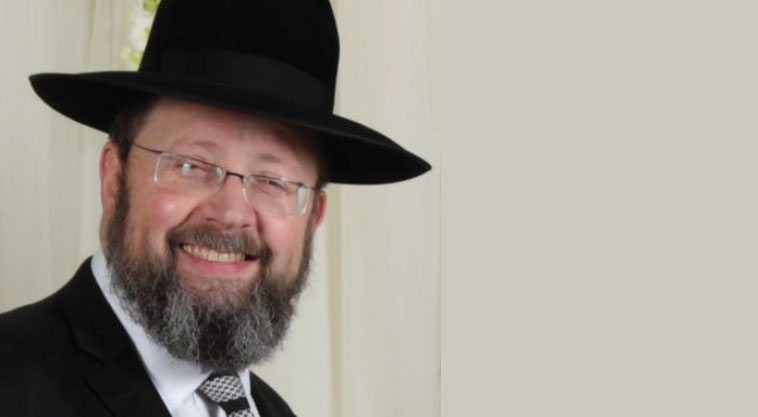Shared Space: Chapter 15


"M
y mother is making a chat for Zevy’s bar mitzvah, they want everyone color coordinated,” Kivi said with mock urgency. “Also, there’s some politics about which flowers to use.”
Malky threw a pillow at him. “Meano. Your family is adorable, and Zevy’s bar mitzvah will be beautiful, you don’t have to make fun. I’ll be finished packing in three minutes.”
Kivi knew she was right and hated himself for having mocked his family. He knew that one meal at Shimmy and Chevy’s Shabbos sheva brachos would cost way more than his younger brother’s entire bar mitzvah: meals in his parents’ house, kiddush in shul after davening with three kinds of herring! Tante Bracha’s special cholent, bagels for Melaveh Malkah, thanks for coming, oif simchahs.
Going back to Cleveland with Malky was always strange for him. He couldn’t tell if she genuinely liked it or she was being nice to him and pretending.
He remembered when she’d come as a kallah, how nervous his parents had been. Mr. Ernest had come to try to fix the leaky shower in the basement and Mommy had put potted plants on either side of the front steps.
On Thursday, Mommy had called him to find out if it would be okay if the kallah slept in a room with 14-year-old Dina, so that they could get to know each other. He’d asked Malky who assured him that it was a great idea, she was so looking forward, of course she didn’t mind. It would be so much fun.
In her words, Kivi had heard not an earnest kallah, but the well-paid kallah teacher who’d probably scripted the answer, teaching the rich girl engaged to a poor boy how to prove how easygoing she was, just a regular girl, nothing stuck-up about her.
Kivi was surprised that it had continued after their marriage as well: Malky had gone willingly, almost happily, for Yamim Tovim. His wife, who’d made him call down and switch hotel rooms in the Sheraton because she could hear the ice-cube machine at night, had cheerfully slept in the basement room where the visible pipes hissed all night long. It had frustrated him; he’d felt patronized.
He remembered one Pesach when the air-conditioning unit had stopped working and it had been sweltering in the house. On Isru Chag, as they flew home, Malky remarked that Yom Tov had been beautiful and she really hadn’t minded the heat.
“Of course you didn’t mind,” he’d replied. “It’s not your life. It’s theirs.”
Back then, Kivi had been so sure that the whole thing was some kind of experience for her, a weekend discovering how the other half lives before they landed back in La Guardia, where a car would be waiting to take them back to Brooklyn and the ever-ready Marta would come out to the curb to take the baby into the house and bathe him while Kivi unloaded the car.
Now, two years later, he knew he was wrong. He’d gotten smarter since they’d moved back to Lakewood. Malky liked going to Cleveland because his sisters revered her. At the Denburgers, there was no competition or quiet rivalry: just her, the only daughter-in-law, and a slew of deferential younger sisters-in-law waiting to hold her children.
Now, Kivi knew that the resentment he felt was really envy. Malky had accepted his family and he was still struggling to accept hers.
(Excerpted from Mishpacha, Issue 720)
Oops! We could not locate your form.





